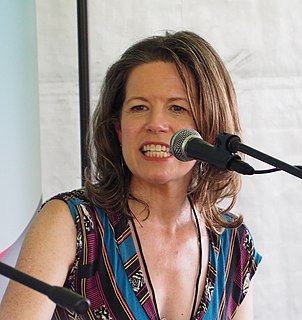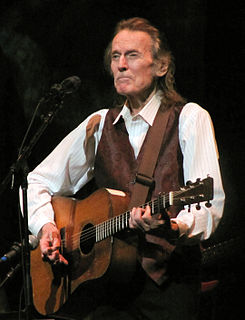A Quote by Bob Dylan
Bob Dylan wasn't a big star early on; it was the release of his Greatest Hits album in 1967, and the mainstream success of the stoner anthem "Rainy Day Women #12 & 35" ("Everybody must get stoned!"), that really put him on the mainstream map.
Related Quotes
I'm also a big Bob Dylan fan. The songs on The Freewheelin' Bob Dylan - which is one of his best early albums - they grow out of some of his difficulties with Suze Rotolo, and "Hard Rain," people say it had to do with the Cuban missile crisis - probably not. He denied it. I believe him, but it certainly had to do with the time.
My grandfather was Bob Shad, one of those legendary jazz and blues producers - he worked with Charlie Parker and Dinah Washington, and he produced Janis Joplin's album [1967's Big Brother & the Holding Company]. He always owned small labels as well - he had a label called Mainstream Records in the 70s.
I mean, when we did 'Families At War,' on Saturday night prime time, people said we were mainstream then. But it wasn't in the least mainstream. The fact that we got that on BBC1 at that time with those ridiculous things, that's as mainstream as we get. We do what we do and people can think that it's mainstream or avant-garde.
It's got to be hard to be a band that's trading on your 40-year-old hits, where there's a certain thing that's expected of you. But that's why I admire Bob Dylan's live performances - he's steadfast about mixing up the songs, not just sticking to his greatest hits, and reinterpreting them to the extent that you really can't recognize them until halfway through. It's like, I DARE you to sing along.
On domestic policy, Donald Trump agreed with Barack Obama and Hillary Clinton on the Wall Street bailout, the TARP bailout of big bank. I think the government ought to be standing with mainstream, with working men and women. And then you put on top of that the ethical issues, whether it is refusing to release his taxes. And that's a real problem.
I went on tours with [Bob] Dylan - the big one was in 1975 and called Roaring Thunder Review. I knew him well because I met him around the time he did his second album, in 1963. He recorded one of my songs called Shadows. In the 1970s, it was suggested that we do a duet, because we had the same manager, Albert Grossman, who also managed Odetta and Peter, Paul and Mary. Dylan and I respected what each other did, but I just decided not to do it.
When I finally stopped [singing], he had been saying, like, the last day or so, he'd been saying, now, I think we should put this one in the album. So without him saying I want to record you and release an album, he kept - he started saying, let's put this one in the album. So the album, this big question, you know, began to take form, take shape. And Rick [Rubin] and I would weed out the songs.
































